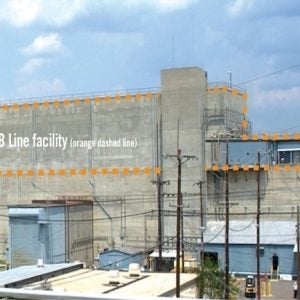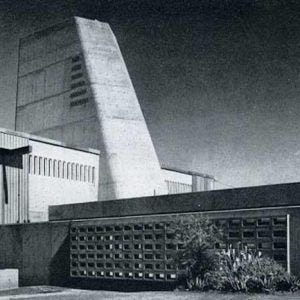The UK is unlikely to hand out subsidies for new nuclear development, according to the UK government’s new energy minister, Lord Hunt of Kings Heath, who was appointed in June.
When asked whether the UK would look to support new nuclear with subsidies, he replied, “Nuclear should be commercially viable. We don’t look to a subsidy to encourage development.
“I believe the government’s role is to get the conditions right in which people make investment – that means the planning system and the system of regulatory consent. It has a longer-term vision; that’s where government puts its emphasis.”
Lord Hunt was speaking at the Nuclear Industry Forum in early June, organised by the Adam Smith Institute and Marketforce.
His views seemed to chime with those of EDF Energy chief executive officer Vincent de Rivaz, who spoke at the conference the previous day. When asked how important subsidies such as loan guarantees were to new nuclear, de Rivaz replied that EDF was not looking for subsidies.
“What is important is no flip-flop in planning,” de Rivaz said. “The problem is conflicting targets, distorting subsidies, create a shambolic framework.”
“I’m not asking for subsidies for nuclear; I’m asking for a level playing field,” de Rivaz said, apparently referring to subsidies offered to nuclear power’s competitors, such as renewables and carbon capture and storage.
E.ON UK’s chief executive officer Paul Golby added: “In every market we need coherent and consistent government policy. We shouldn’t think that energy policy doesn’t need government intervention.”
Later, when asked about how EDF would finance new-build in the UK, de Rivaz said: ” if you have a strong business case, new-build is affordable on balance sheet. Sophisticated financing is more costly. But only a limited number of companies can afford it.” Golby of E.ON UK also said that it would finance new nuclear on balance sheet.






